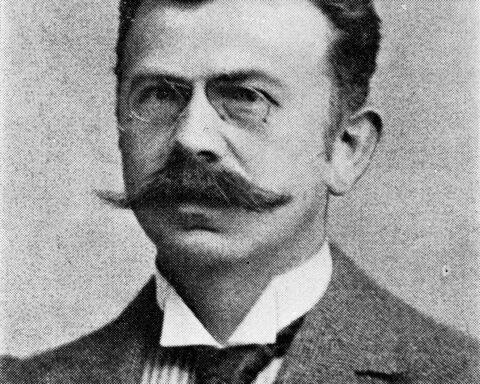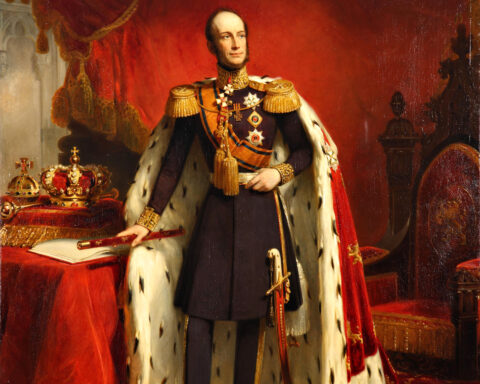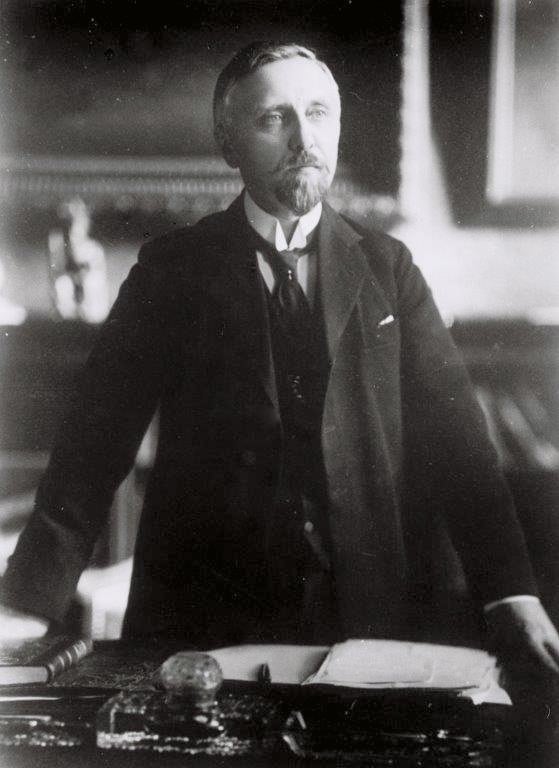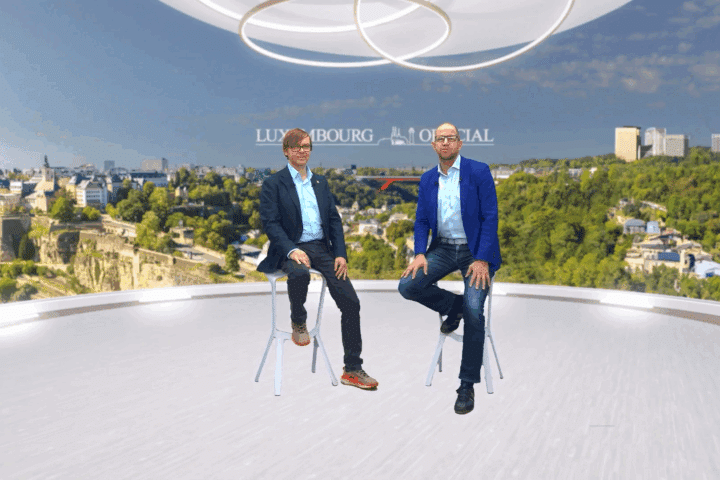Émile Reuter, former Prime Minister of Luxembourg, led post-WWI national reforms and later became a key figure in parliament, media regulation, and diplomacy. His legacy spans political leadership, institutional modernisation, and founding the Christian Social People’s Party.
Early life, legal training, and political emergence
Émile Reuter was born on 2 August 1874 in Bofferdange, Luxembourg. He studied law in Strasbourg, Nancy and Paris from 1894 to 1898, and then became a lawyer in Luxembourg. In 1903 he became president of the Association Populaire Catholique, advancing a socially oriented Catholic politics. In 1911 he was elected to the Chamber of Deputies. In 1914 he participated in founding the Party of the Right (Parti de la Droite), a precursor to today’s Christian Social People’s Party. His early political activity reflected a blend of conservative social values and a growing interest in institutional reform, especially around education, workers’ rights, and social cohesion. By the end of World War I, he had become a prominent political figure prepared to lead Luxembourg through a new phase of national development.
Premiership and institutional reforms
Reuter became Prime Minister on 28 September 1918 and held office until 20 March 1925. His government faced considerable postwar challenges, including the reconstruction of the economy, administrative modernisation, and the reorganisation of Luxembourg’s railway system. One of the key political episodes was the attempted unification of Luxembourg’s two main rail networks under Belgian control. Parliament rejected the treaty in 1925, leading to a political crisis and the resignation of Reuter’s government. During his tenure, he also held the positions of Minister for Foreign Affairs and Minister of the Interior. His administration pursued a cautious policy of national strengthening, balancing openness to international cooperation with strong emphasis on internal sovereignty and infrastructure development.
“Reuter saw broadcasting as a tool to promote civic unity and cultural stability.””
Later roles, media influence, and legacy
Following his resignation, Reuter became President of the Chamber of Deputies, serving from 1926 to 1959, except during the German occupation. In 1944 he became the first president of the Christian Social People’s Party, holding this post until 1964. From 1957 to 1964, he served as Luxembourg’s ambassador to the Holy See. He also played a decisive role in the development of Luxembourg’s radio broadcasting system. As chair of the commission behind the 1929 radio law, he supported state-regulated media with moral and educational objectives. Reuter saw broadcasting as a tool to promote civic unity and cultural stability. He died on 14 February 1973 in Luxembourg City, aged 98, having shaped multiple aspects of the country’s political and institutional landscape.




















